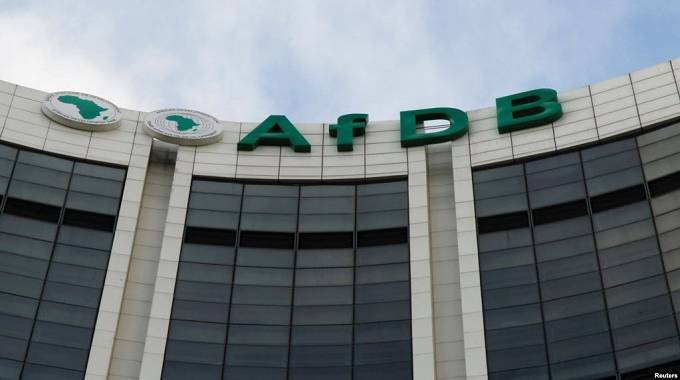
The Sunday News

Harare Bureau
PREPARATIONS for the 2022 winter wheat season are at an advanced stage, with the country earmarked to produce a record 380 000 tonnes of the cereal this season to become wheat self-sufficient.
In addition to local initiatives to support production, Zimbabwe is expected to receive a chunk of the US$1 billion African Development Bank (AfDB)’s fund to boost wheat production in Africa and avert potential food shortages in light of the Russia-Ukraine conflict.

African Development Bank
Last season, winter wheat production rose to 330 000 tonnes from 212 000 tonnes the previous year. Zimbabwe requires 360 000 tonnes of wheat each year.
In a report availed to our Harare Bureau, Lands, Agriculture, Fisheries, Water and Rural Development Permanent Secretary Dr John Basera said Government plans to achieve wheat self-sufficiency ‘at any cost’ this year.
“The flagship programme (National Enhanced Agriculture Productivity Scheme) also saw wheat production increasing from about 100 000 metric tonnes (MT) in 2019 to 212 000MT in 2020 to over 330 000MT in 2021 against a national annual requirement of over 360 000MT.
This 2022 winter season the country is aiming to attain wheat self-sufficiency ‘at any cost’ by targeting 75 000 hectares (over 380 000 ha at 5MT/ ha) through various initiatives, mainly private sector-led.”

A wheat crop close to maturity
There has been noticeable increase, he said, in private-sector participation in wheat production.
The private sector funded 8 000 hectares in 2020, 16 000 hectares in 2021 and is targeting 23 000 hectares in the current cropping season through the Food Crops Contractors Association, which is a syndicate of private millers, processors and commodity contract-farming companies.
“The expectation is to have agriculture financing led by the private sector, including banks and commodity contractors.
This incredible appetite by the private sector to support local production is a testimony to Government’s clarion call to encourage and persuade users of agricultural commodities to fund production of at least 40 percent of their respective annual agricultural raw materials requirements,” he said.
Recently, AfDB president Dr Akinwumi Adesina said the bank is raising funds to help 40 million African farmers use their fertile soils and climate-resilient technologies to increase output of wheat varieties and other crops.

“We are going to be really ramping up our efforts to mobilise that money.
If there was ever a time that we needed to really drastically raise food production in Africa, for Africa’s food security and to mitigate the impact of this food crisis arising from this conflict, it is now.”
Russia is the world’s largest exporter of wheat, accounting for more than 18 percent of international exports and in 2019, both Russia and Ukraine exported more than a quarter of the world’s wheat.
Wheat imports account for about 90 percent of Africa’s US$4 billion trade with Russia and nearly half of the continent’s US$4,5 billion trade with Ukraine.



